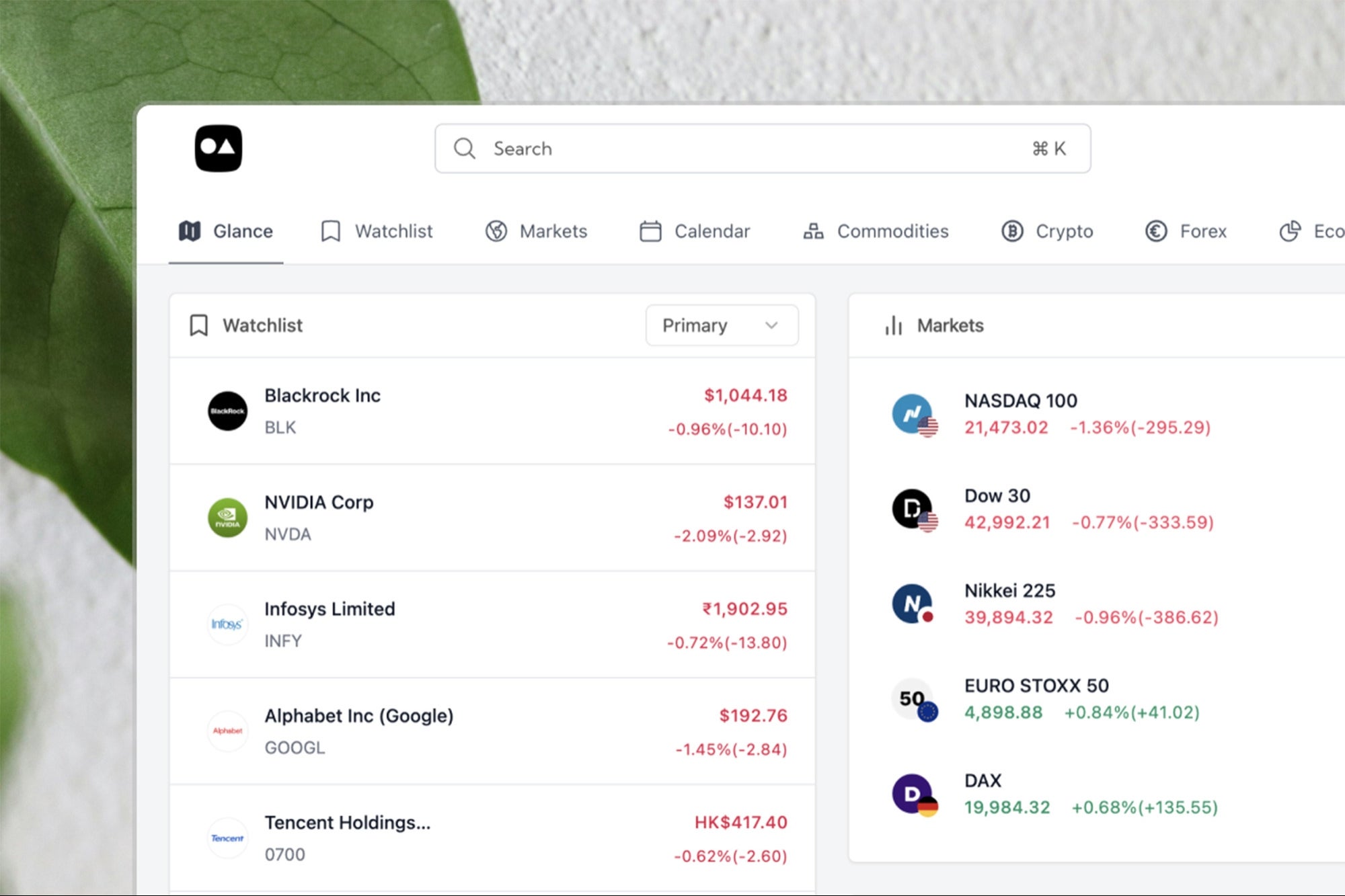Where Your Marketing Team Must Focus to Build an Enduring Brand Brands that achieve long-term success have a vision and culture of accountability that begins at the top.
By Carolina Rogoll Edited by Dan Bova
Opinions expressed by BIZ Experiences contributors are their own.

The desire and ability to build strong brands is often hindered by the increasing complexity of today's marketing world. With the overwhelming proliferation of new media and the changing demands of a new generation of consumers, is easy to go chasing multiple directions. The chef marketing officer (CMO) has a critical role to play in keeping the organization focused in what really matters in brand building as well as setting high expectations for the brand managers.
Building off the principles of Star Brands, those that are loved, profitable and shine above the rest, here are three unique responsibilities that the CMO has in driving focus in the brand building efforts:
Clarity.
Star brands know who they are, who they are for and what has driven, or limited, their success in the past. Achieving this level of clarity in strategy takes experience, work and decisiveness. Complexity should not be delegated down. It is the CMO's responsibility to declare and support how the brand will create value and show up in market. This is necessary so that brands can truly execute its communication plan and product offering with excellence.
Consistency.
Star brands have consistent and recognizable branding and communication. This is easy to show this on a nice power point but hard to execute. Consistency requires discipline and the CMO should reinforce the importance of it. Every time you make a change to your brand message or identity, you will have to retrain your consumer to recognize it. Treat these changes with care and value consistency.
Related: The Popularity of Visual Content Will Only Increase, So You Must Be Prepared
Higher order purpose.
Star brands are intentional with their purpose and aspire to deliver on a higher meaning beyond the product and service they sell. This demonstrates the true character of a brand and is proven to also drive sales. The CMO is best equipped to embody and champion a brand's higher order purpose throughout the organization. Motivating and leading based on the brand's idea should be a CMO's daily activity.
The CMO is ultimately responsible for effective brand building and the value of the brands, but the brand managers are the ones who make it happen. While the CMO needs to focus on driving clarity, consistency and the brands ideals, he or she should be asking of their brand managers three things as well:
Superior benefits.
The brand manager's job is to excel at delivering, communicating and nurturing superior benefits for the brand they manage. This is what drives distinctiveness, brand preference and ultimate the value of the brand. Ask for a relentless focus in relevant and persuasive superior benefits that truly meet consumer needs.
Related: To Get a Premium Price Exceed What Your Customer Expects
Emotional connections.
Brand managers are in the business of building relationships, not transactions, with their customers. Strong brands last over time thanks to loyal consumer following. Reward your organization as often as possible when they demonstrate they understand their customer. Talking to clients or studying consumer testimonials should be on the brand manager's weekly agenda.
Commitment to learning.
Insist your brand managers to run their teams as learning organizations that expand their members thinking and ability to adapt to market changes. Bold brand visions, frequent experiments and disciplined documentation of what works and what doesn't, are examples of learning that increases the brand's market success over time.
Related: Don't Underestimate Sex When It Comes to Designing Your Website











